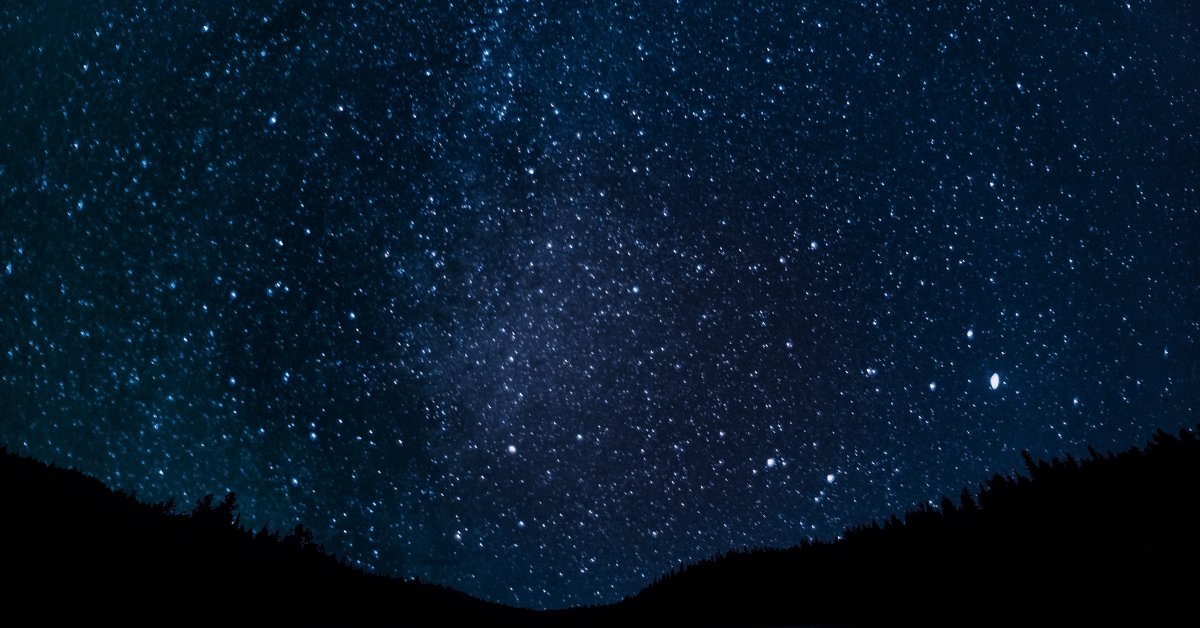
Quieted and Dimmed: What’s at Stake if the Natural Sounds and Night Skies Division Is Cut
In the quiet of a national park, the distant call of a bird, the soft rustle of wind through leaves, or the brilliance of a starlit sky can be just as powerful as the vistas. But those experiences—so central to our natural heritage—could be at risk. The U.S. Natural Sounds and Night Skies Division (NSNSD), a small but mighty office within the National Park Service, has long worked to protect the acoustic and visual quality of America’s public lands. From measuring jet noise in Grand Canyon National Park to preserving dark skies in Utah’s canyons, the division ensures that both natural silence and nighttime wonder remain part of the park experience.But recent signals suggest the division could face deep budget cuts—or even elimination—under proposed changes to federal conservation priorities.
What Does the NSNSD Do?
- Protects Soundscapes: Monitors and mitigates human noise pollution in natural settings, which can harm wildlife and reduce the quality of visitor experiences.
- Preserves Night Skies: Helps parks combat light pollution, maintain natural darkness, and educate the public about astronomy and ecological impacts of artificial light.
- Supports Science and Policy: Provides data to guide park planning, wildlife management, and public engagement strategies.
Why It Matters
- Wildlife Depends on Quiet: Many species use sound to find mates, avoid predators, and navigate their environments. Excessive human-made noise disrupts these natural behaviors.
- Dark Skies Are Disappearing: More than 80% of Americans live under light-polluted skies. The NSNSD helps create “dark sky preserves” and promote awareness of this growing issue.
- Visitors Crave Serenity: Whether camping under the stars or finding silence after a stressful day-to-day grind, these sensory experiences are part of what makes our parks transformative.
While the NSNSD may not be a household name, its mission speaks to a deeper value: that our parks are not only to be seen, but heard—and felt. Protecting sound and darkness may seem intangible, but their loss would be loudly felt.
As conversations continue about the future of environmental stewardship, the NSNSD reminds us that conservation isn’t just about protecting land—it’s about protecting the experience of nature in its full sensory richness. At Wild Virginia, we believe that protecting wild places means more than conserving land—it means preserving the entire experience of the natural world. The work of the Natural Sounds and Night Skies Division directly supports the values we fight for every day: quiet forests, dark skies, and undisturbed habitats where wildlife—and people—can thrive.
Noise and light pollution don’t stop at park boundaries. Here in Virginia, development pressures and expanding infrastructure continue to fragment landscapes, disrupt animal behavior, and drown out the natural soundscape that’s essential to everything from bird migration to peaceful hikes in the George Washington and Jefferson National Forests.
If we allow efforts like NSNSD’s to be silenced, we risk losing the very essence of what makes nature wild. Wild Virginia stands in strong opposition to these cuts and reaffirms our commitment to protecting the integrity, peace, and wonder of Virginia’s wildest places—for all who depend on them.
Check out our webinar on artificial light 👇